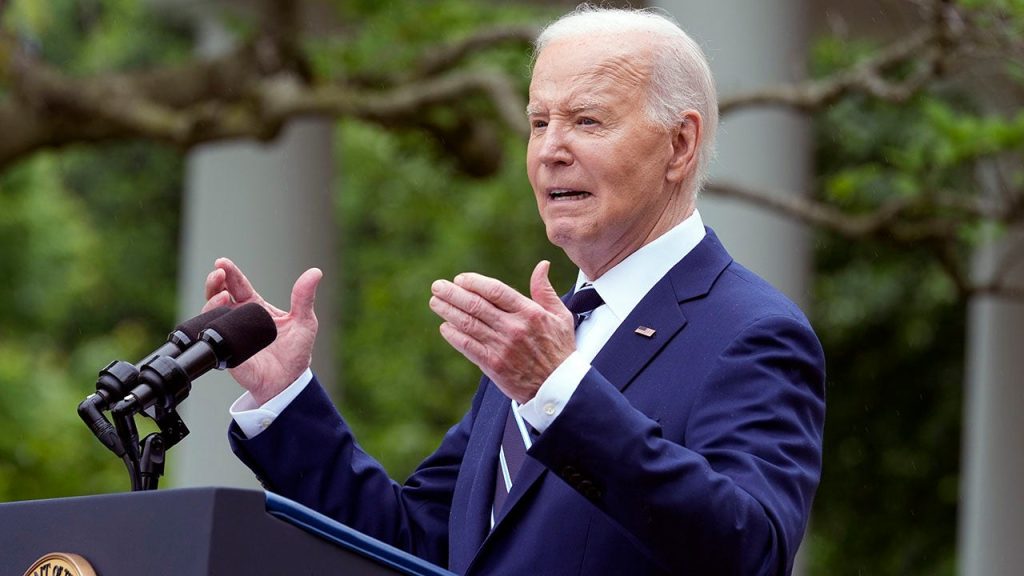President Biden announced on Tuesday that his administration will be increasing tariffs on $18 billion worth of Chinese imports, specifically targeting electric vehicles and other strategic sectors like steel, aluminum, semiconductors, batteries, and solar cells. Biden stated that China’s heavy subsidization of these products has led to unfair trade practices, with Chinese companies flooding the market with excess products at low prices, driving other manufacturers out of business. The president emphasized that the U.S. will not allow China to unfairly control the market for electric vehicles, and that there is a need for a supply chain that is not dominated by Chinese trade practices.
These new tariffs mark a departure from former President Trump’s approach to China, where he imposed tariffs on thousands of Chinese goods in response to intellectual property violations and technology transfer coercion. Candidate Biden criticized Trump’s tariffs in 2019, but since taking office, the tariffs have become a more permanent fixture in U.S. policy towards China. Biden stated that he wants fair competition with China, emphasizing the importance of investing in America and American workers to win the economic competition in the 21st century. The increased tariffs on Chinese imports are seen as a way to level the playing field and protect American industries from unfair trade practices.
China has criticized the new tariffs, referring to them as bullying and stating that they will negatively impact bilateral cooperation. The Chinese government’s response reflects the growing tensions between the two countries over trade and economic policies. The Trump campaign also criticized Biden’s decision, accusing him of prioritizing electric vehicles over gas-powered automobiles, ultimately harming American workers and the auto industry. The campaign argued that Biden’s tariffs are part of a larger agenda to push Americans into expensive electric vehicles while ignoring the needs and affordability of gas-powered cars and trucks.
The tariffs on Chinese imports, particularly on electric vehicles, come at a time when the U.S. is looking to assert itself in the global market and reduce its reliance on Chinese products and technologies. The Biden administration’s focus on fair competition with China reflects a broader strategy to address concerns about China’s economic influence and trade practices. By increasing tariffs on Chinese goods, the U.S. aims to level the playing field and protect American industries from unfair competition, particularly in key sectors like electric vehicles and renewable energy.
The U.S.-China trade relationship continues to be a point of contention, with both countries engaging in tit-for-tat tariffs and trade disputes. The Biden administration’s decision to increase tariffs on Chinese imports indicates a shift in approach from previous administrations, as the U.S. seeks to address concerns about China’s unfair trade practices. The tariffs on electric vehicles and other strategic sectors are part of a broader strategy to promote fair competition and protect American industries from foreign competition. As tensions between the two countries escalate, the impact of these tariffs on the global economy and diplomatic relations remains to be seen.


